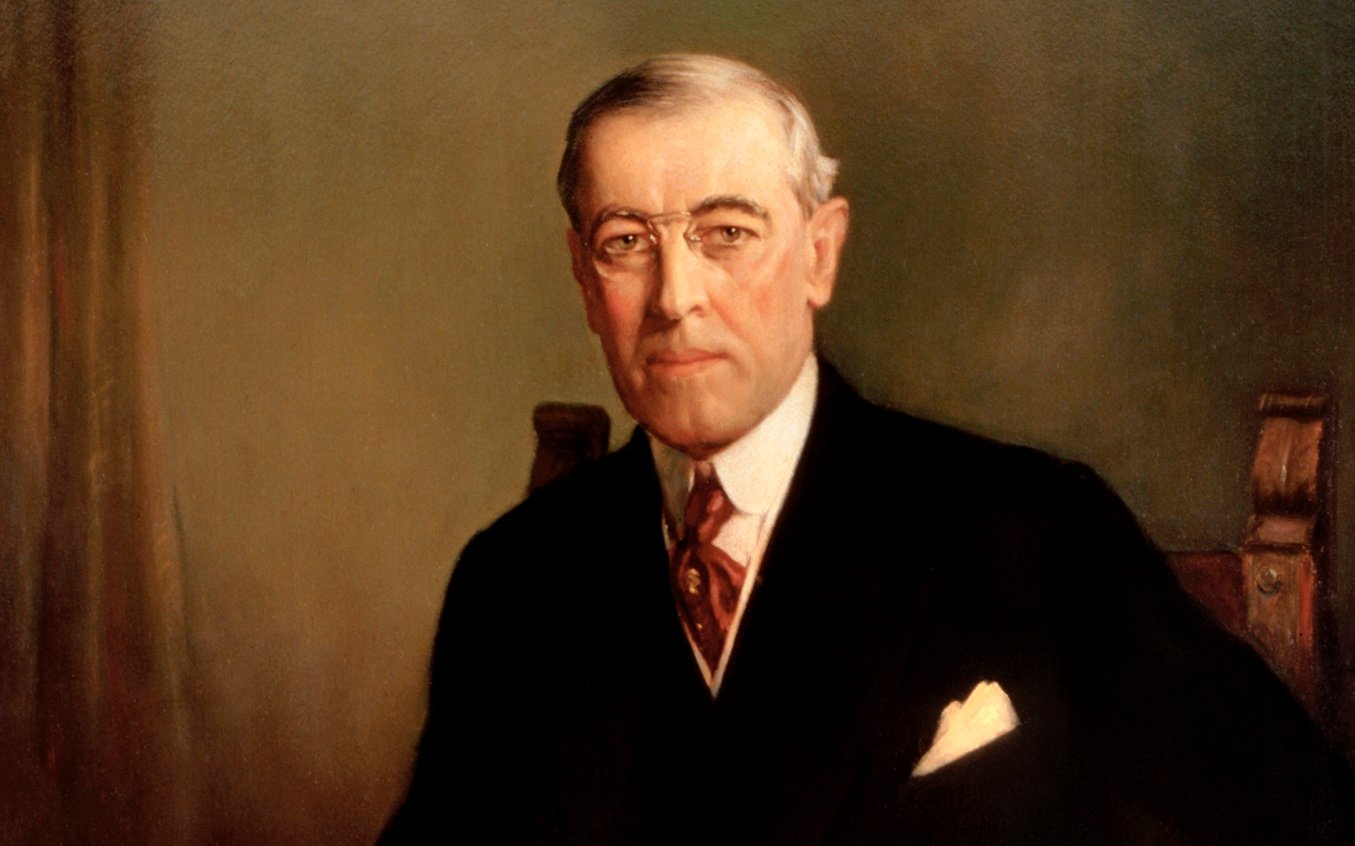In 2017 and 2018, Notre Dame political philosopher Patrick Deneen argued that classical liberalism and progressivism are indistinguishable. Pick your metaphor: Progressivism is the fruit of liberalism’s poisoned tree. The liberal seed led inexorably to the progressive flowering. Or, liberalism is the Trojan Horse through which progressivism was smuggled into the body politic. Liberalism was what came before, and it somehow inevitably led to the progressive present. “The logic of liberalism,” Deneen wrote, “will inexorably continue to unfold, impelling the ship toward the inevitable iceberg.” Deneen likens this “inner logic” to the organic processes of living things, arguing that the “fabric of beliefs” that underly the American experiment may be “approaching the end of the natural cycle of corruption and decay that limits the lifespan of all human creations.” In short, “Liberalism has failed—not because it fell short, but because it was true to itself.”
Login to read more
Sign in or create a free account to access Subscriber-only content.
Topics:
